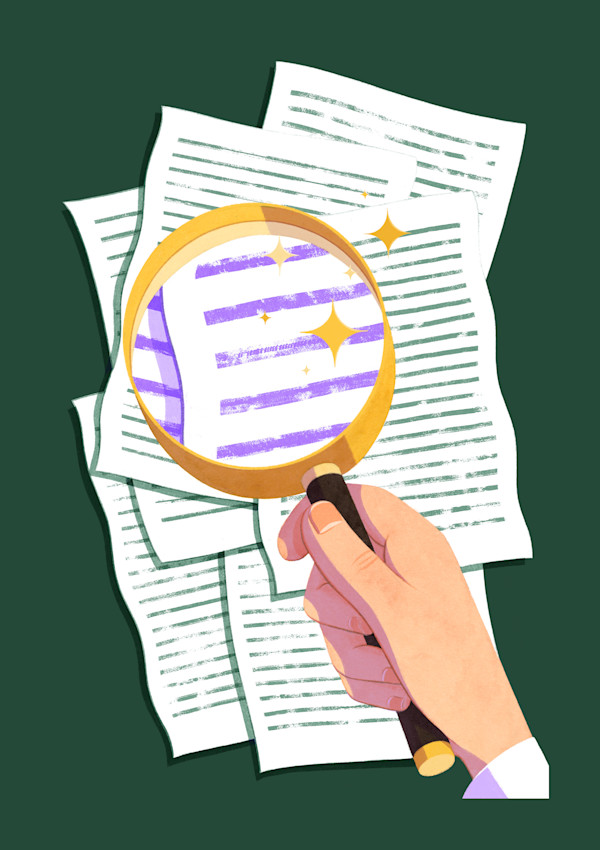Featured Insight
6 Social Media Best Practices for Financial Advisors

Business Insights for Independent Financial Advisors
Read up on topics ranging from practice management and marketing, to financial and estate planning, to information security, and more.
 Marketing & Practice Management
Marketing & Practice ManagementThe Joys (and Issues) of Working with Family in Your Advisory Firm
Discover the dynamics, opportunities, and challenges of working with family members in independent financial advisory firms, along with strategies to work together effectively.
 Wealth Planning & Investing
Wealth Planning & InvestingHelping Your Clients Plan for the Sunset of the TCJA
What do your clients need to do to plan for the sunset of the TCJA? Understanding the key tax code provisions headed for expiration is a good place to start.
 Wealth Planning & Investing
Wealth Planning & InvestingPreserving Client Assets: How to Navigate Irrevocable Medicaid Trusts
Irrevocable Medicaid trusts can protect assets from spend-down provisions when long-term care is needed. Ask these questions to help clients decide if this strategy is right for them.
 Marketing & Practice Management
Marketing & Practice ManagementHow to Make Your Firm a Best Place to Work for Women Advisors
With women poised to control more wealth than ever in the coming years, is your firm set up to support and retain women advisors? Learn key steps you can take to create a more inclusive culture at your firm.
 Wealth Planning & Investing
Wealth Planning & InvestingIs Partnering with a Virtual Support Provider Right for Your Firm?
Bringing on a virtual support provider can help firms free up capacity and grow their business. But is this the right choice for your practice? Discover how these outsourced relationships work and what you should look for.
 Marketing & Practice Management
Marketing & Practice ManagementValuing an Advisory Practice: Fundamentals to Consider
How can you measure the ROI of your potential acquisition? Review key determinants used in valuing an advisory practice and learn why some valuation models may provide better insights when factoring in client attrition or market adjustments.
Featured Topics
 Wealth Planning & Investing
Wealth Planning & InvestingIs Partnering with a Virtual Support Provider Right for Your Firm?
Bringing on a virtual support provider can help firms free up capacity and grow their business. But is this the right choice for your practice? Discover how these outsourced relationships work and what you should look for.
 Marketing & Practice Management
Marketing & Practice ManagementValuing an Advisory Practice: Fundamentals to Consider
How can you measure the ROI of your potential acquisition? Review key determinants used in valuing an advisory practice and learn why some valuation models may provide better insights when factoring in client attrition or market adjustments.
 Marketing & Practice Management
Marketing & Practice ManagementWhat’s the Right Website Platform for Financial Advisors?
When choosing a website provider, do you know what services you should look for? Discover how an advisor-focused platform can deliver the personalized content, strategic design, and seamless compliance integration you need.
 Wealth Planning & Investing
Wealth Planning & InvestingShould Some Clients Self-Fund for Long-Term Care?
High-net-worth individuals may be able to self-fund for long-term care, but that doesn't mean they should. Follow these five steps to help your clients make the best decision for their situation.
 Wealth Planning & Investing
Wealth Planning & InvestingDeliver More Value to Clients by Outsourcing Investment Management
Learn how outsourcing investment management can save you time, allowing you to enhance your value proposition to clients while scaling your business.
 Marketing & Practice Management
Marketing & Practice ManagementHow an Equity Ownership Structure Supports Your Evolving Practice
Are you planning to bring on an associate advisor? If so, consider how adopting an equity ownership structure can help you create a sustainable, enduring firm.
 Wealth Planning & Investing
Wealth Planning & InvestingIt’s Time to Talk Differently About Charitable Planning with HNW Clients
Learn how to approach charitable giving conversations with HNW investors, so you can help them be strategic in their philanthropic efforts.































